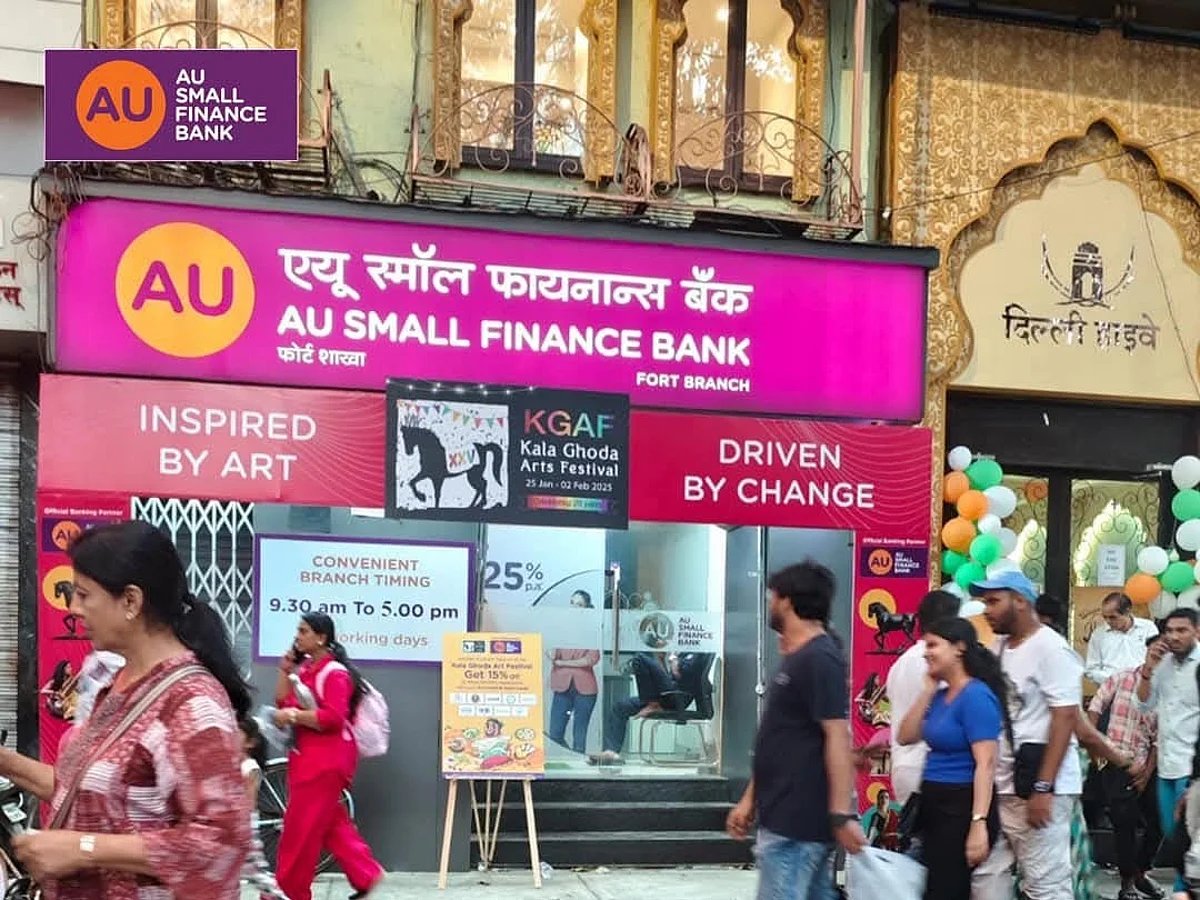AU Small Finance Bank has received the Reserve Bank of India’s in-principle nod to operate as a universal lender.
The regulator announced this in a press release on its website on Thursday. The approval was granted under RBI’s process for small finance banks to graduate to universal bank status, issued in April 2024. Typically the in-principle approval is valid for 18 months.
The process is “subject to the SFB’s fulfilling minimum paid-up capital/ net worth requirement as applicable to Universal Banks, satisfactory track record of performance as an SFB for a minimum period of five years and RBI’s due diligence exercise.”
This is the first universal bank nod since April 2014, when Bandhan Bank first got the approval. Since then, the regulator has approved only small finance bank licenses. Centrum Financial Services and BharatPe had last acquired Punjab & Maharashtra Cooperative Bank in 2021, to create Unity Small Finance Bank.
“This in-principle approval acknowledges not just our ability to grow, but to grow responsibly. It is a testament to AU’s strength in reaching widely, integrity in serving wisely, and resilience to shine across economic cycles. As we step into this new chapter, we do so with humility, responsibility, and the pride of a homegrown institution ready to serve – our people, our nation, and the vision of Viksit Bharat 2047,” said Sanjay Agarwal, managing director and chief executive officer of AU Small Finance Bank
Notably, the lender first applied for a universal bank license to the RBI on Sept. 3, 2024.
The RBI’s guidelines from April 2024 state that a small finance bank looking to transition to universal bank is required to maintain a minimum net worth of Rs 1,000 crore in the last quarter, have a net profit for the last two financial years, have a gross non-performing asset ratio of 3% or less and a net NPA ratio of 1% or less in the last two financial years.
Small finance banks have previously requested the RBI to allow them to drop the word ‘small’ from their name to be able to better garner deposits. However, the regulator has denied this request, instead keeping the license route open.
“What would be interesting to see is what these small finance banks are able to do with the license. It gives them operational freedom to alter their business models. However, will they be able to successfully transition, would be something to watch out for,” said Karthik Srinivasan of ICRA.



